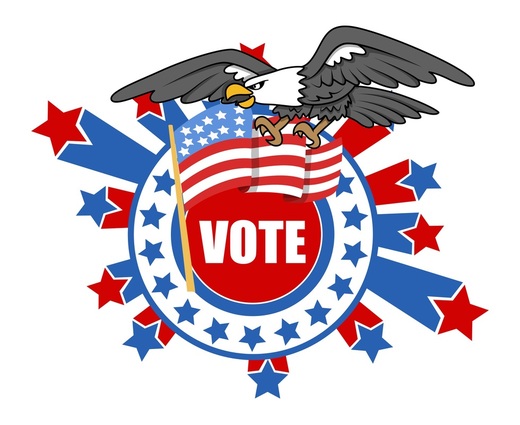Mississippi's teachable moment
From the Inkwell of: Bartholomew J. Worthington III

In his standup special It's Pimpin' Pimpin', comedian Katt Williams does a bit about how he encountered racism when he hosted the Comedy Central roast of rapper Flava Flav. Without going into the joke too deeply, towards the end of the set, Katt admits, "Certain [people] you just don't expect to learn nothing from."
In contemporary American society, Mississippi is that person we rarely expect to learn anything from. By almost any metric used to measure progress, Mississippi comes up short. Mississippi ranks last in Median Family Income, last in Students Who Complete High School, last in Best States to Live (though an optimist would point out that Mississippi ranks FIRST on the list of WORST states to live). Mississippi also ranks next to last in Per Capita Income, Health of Its Citizens, Physical Exercise, and Overall Education of its Population. Basically, you get the point: Mississippi isn't exactly the most progressive state in the nation. But this is not post to beat up on Mississippi. Rather it is an acknowledgement of a lesson learned. You see, Mississippi is one of 20 states that allow open primaries. This past Tuesday, June 24th, in a run off against his Tea Party opponent, Chris McDaniel, incumbent Mississippi senator, Thad Cochran took advantage of this system. Realizing that he couldn't win the primary by depending on the base, he reached out to his traditionally Democratic voting African Americans constituents. This unconventional move provided the margin necessary for Cochran to eke out a 2 percentage point victory over his opponent. And it provides us, as a community, with an opportunity to learn a strategy that can be applied going forward. For a while now, I've toyed with the simple but radical idea that Black voters should register as Republican en masse. Hear me out. A large reason that Black voters have become disillusioned with the President has been the perceived lack of progress made on issues that affect their daily lives. Now admittedly , that is largely because, as a community, Black voters show up for Presidential year elections, but under-participate in the off-years. This behavior has produced the obstructionist Congress that we currently have. Now, in states with open primaries, Black voters can influence the primary results in favor of a more moderate Republican candidate, while still reserving the right to vote Democrat in the general election. But for closed primary states, politics needs to be approached as a matter of war. Tea Party candidates exploded on to the national scene in 2010, and have since been gumming up the inner workings of our government. For Tea Party purists, compromise is the ultimate sin, punishable by banishment of any politician foolish enough to commit the unpardonable. The only way to restore the balance of moderate Republicans is for Black people, on a large scale, to vote in GOP primaries in order to tip the scales back to the middle. Currently, even once moderate Republicans have tacked sharply to the right in order to fend off even more conservative primary challenges. But none of this is advancing our self interests. So we need to take matters into our own hands. In order to ensure that more moderate Republican candidates make it to the general election, and ultimately to Congress, we have to move collectively to affect the desired outcome. The demographics are on our side in the long term. In the most recent Population Survey (2010), the median age of the Black population is 7 years younger than that of the white population. Black population growth from 2000 to 2012 has outpaced white population growth, 16% to 7.6%. Additionally, according to the Census Bureau, 2011 was the first year where babies of color comprised the majority of births. In short, the tides are shifting. We are gaining political power, that if we are willing to learn how to wield, we will be able to use to advance our agenda. But we have to first learn that politics is a full contact sport, predicated on the leverage of the electorate. A powerful lesson, learned from the most unlikeliest of teachers: the state of Mississippi. |
Popular Articles
monthly quotes archives
|
-
Home
- Learn To Fish
- Shoulders of Giants
-
Mind On My Money
- 6 Terms to Master Financial Literacy
- Black Wealth By The Numbers
- Blackonomics 102: State of The Black Owned Businesses
- Blackonomics 101: State of the Black Economy
- 25 Resources For Getting Your Business Off the Ground
- Black Investing 101: Invest In Stocks For Your Kids
- How to Introduce Your Child to Money - Infographic
- Black Investing 101: Invest In Companies You Support
- Black Personal Finance 101
- Getting on Track
- Managing Debt >
- Understanding Credit >
- Unruly Intellectual Blog

